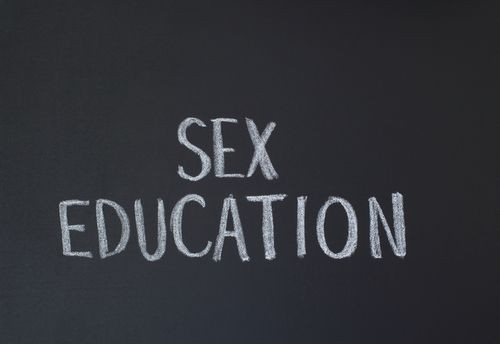Sex Abuse Risk Higher For People With Autism, Prompting Calls For Better Sex Education

People with autism are much more likely to be raped or sexually abused. They're also more likely to learn about sex from television than from a teacher. Doctors see these facts as related.
When psychologists in Canada asked 95 adults with autism spectrum disorder whether they had been raped, coerced into sex or otherwise sexually abused, 74 of them said yes. That rate — 78 percent — of sexual victimization is significantly higher than the rate for those without autism (47 percent) and “of tremendous concern,” according to the researchers, who published their findings in The Journal of Autism and Developmental Disorders.
"Although the participants cannot be considered representative of the entire population, I think we have a good picture of what rates could look like with a survey approach," said Michelle Viecili, a psychologist at York University in Toronto, in a statement. She and her colleagues argue the inequality likely arises from unequal sex education. The autistic participants in their study were more likely to get their knowledge about safe sex and appropriate sexual behaviors from television, the internet and pornography. Meanwhile, the control group without autism said they learned about sex mostly from teachers, parents and friends.
The nonprofit Autism Speaks says that's because parents of autistic children are unsure how to raise the subject or don't believe their children will ever need information about sex. "But sexuality education is arguably more important for individuals with autism because they are less likely to learn about it from other sources such as peers, movies, etc.," they say. "It is also crucial for them to understand the difference between appropriate and inappropriate behavior, and to distinguish between the various types of health relationships."
In schools, sex education curricula are not being taught equally. The York University researchers suspect students with autism "are being removed for sexual health classes for various reasons," and the lessons aren't being "adapted to their level of understanding." Explicit instruction on appropriate sexual behavior is more crucial for people with autism "due to difficulties recognizing 'red flags' and interpreting thoughts, feelings and behaviors of others," Dr. Shana Nicols tells Autism Speaks.
Although the researchers said their study was limited because its participants were a "convenience sample," recruited from local support agencies, they say the results were strong because of the way they asked questions. Instead of asking each participant, "Have you been sexually victimized?", they offered specific scenarios: “Have you given into sex play (fondling, kissing, or petting, but not intercourse) when you didn’t want to because you were overwhelmed by someone’s continual arguments and pressure?”
The authors write that the rates of sexual victimization are "above and beyond what can be accounted for" by autism alone. They suggest a larger social problem that must be addressed by educational programs and further study. According to the university, the researchers have already held two workshops, one for parents and another for a group of 60 clinicians.
Source: S.M. Brown-Lavoie, M.A. Viecili, J.A. Weiss. Sexual Knowledge and Victimization in Adults with Autism Spectrum Disorders. Journal of Autism and Developmental Disorders. 2014.



























